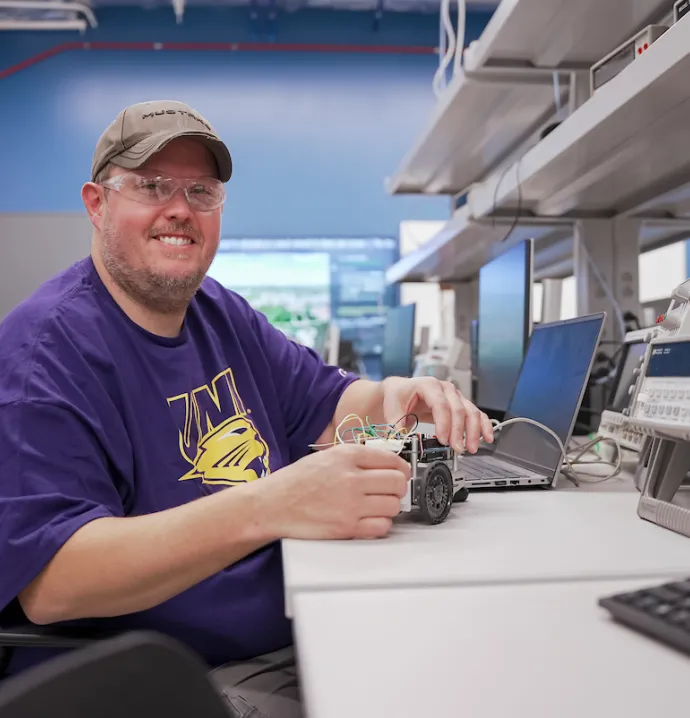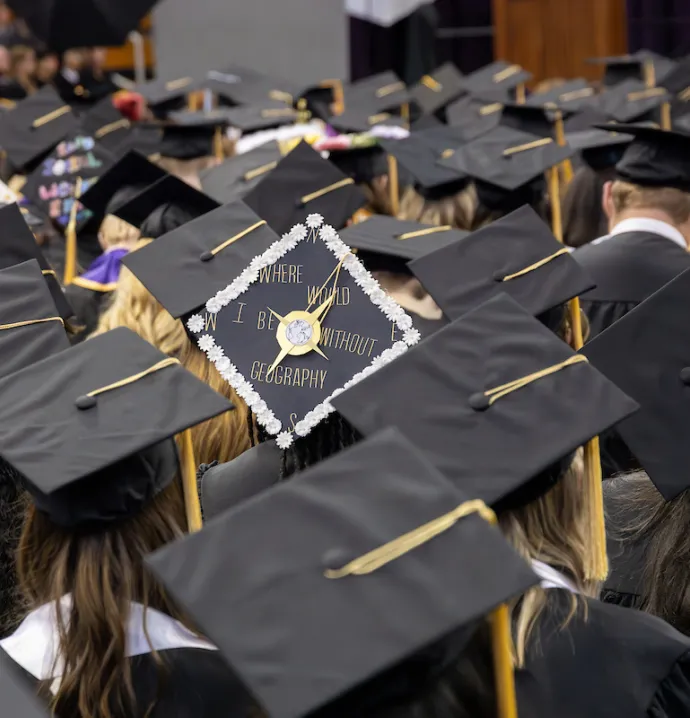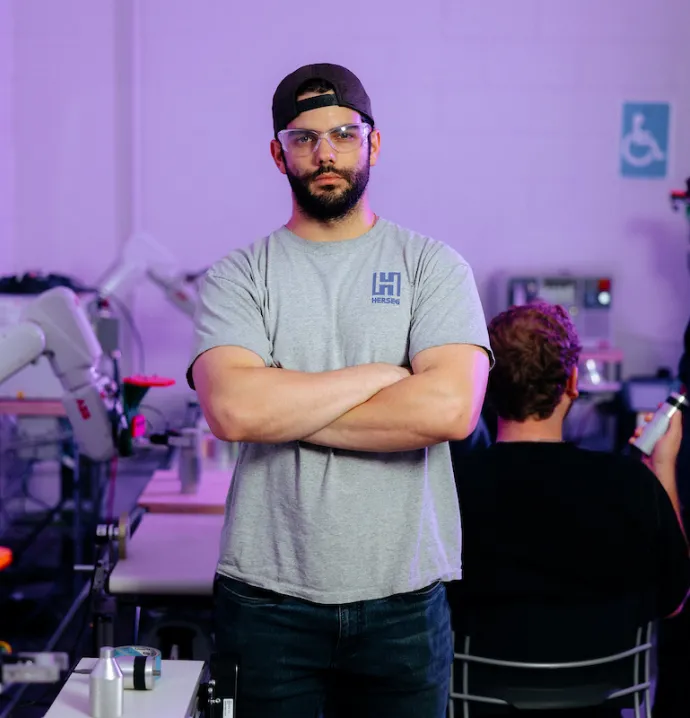Data science coming to UNI
Data science coming to UNI
Fun fact: The word data is the plural of datum. And if there’s any word that most appropriately embodies the concept of plurality, it’s data.
Simply put, data are everywhere. It darts past us every day, hurtling between devices and transmitting our 3.5 billion daily Google searches, or the 500 million tweets we send every day, or the 500 hours of video uploaded to YouTube every minute. It tracks our shopping patterns, web browsing habits and the number of stairs we climb.
The ubiquity of data has reached the point that it is quantified with words like “zettabyte,” which is 1 sextillion bytes (that’s a one followed by 21 zeroes), a number so incomprehensibly vast that it’s comparable to the amount of stars in the known universe.
And that one zettabyte? It’s only going to grow. According to the World Economic Forum, by 2020, the entire digital universe is expected to reach 44 zettabytes.
This explosion of data has led to an increase in demand for employees with the skills to analyze, quantify and present the billions upon billions of information sets we create every day. Earlier this year, Bloomberg singled out data scientist as the highest-earning entry level job in the country, with a median annual base salary of $95,000.
Companies need data scientists. And the University of Northern Iowa is introducing a new major and developing new courses to meet this demand.
This fall, the physics department will for the first time offer a bachelor’s degree in physics with a data science emphasis, which will combine the traditional physics curriculum with courses related to data science.
“The intent of the new degree is to marry the broad-based, problem-solving abilities that are developed in physics majors with the more specific statistical training that is associated with data science,” said Paul Shand, the head of the department of physics. “The students will get introduced to sophisticated statistical methods that will enable them to analyze these large data sets and derive patterns of useful information.”
Coupled with the major is a new minor that would include brand-new UNI coursework focused on the areas in data science that employers are seeking. The physics department is developing the minor with the Associate Professor Eugene Wallingford, head of the computer science department, professors Doug Mupasiri and Syed Kirmani with the mathematics department, and Assistant Professor Ali Tabei with the physics department.
The minor was formulated through research into the job market for data scientists and the qualifications that were most sought after in the hiring process. The team identified three main areas that employers are looking for: computer programming, machine learning and data visualization. Shand said he hopes the minor will be available in 2020.
The major and the minor were designed so students could customize their involvement in data science. A student with ambitions to be a full-fledged data scientist can take both, while virtually any student can take the minor and learn enough to function in a world that will likely increasingly focus around data.
“We’re really excited about the minor because we have done the research and developed something that is both very targeted towards employment and has a low threshold to enter the program,” Shand said. “Anybody from any department and pretty much any major can take this data science minor, and that’s exciting.”




